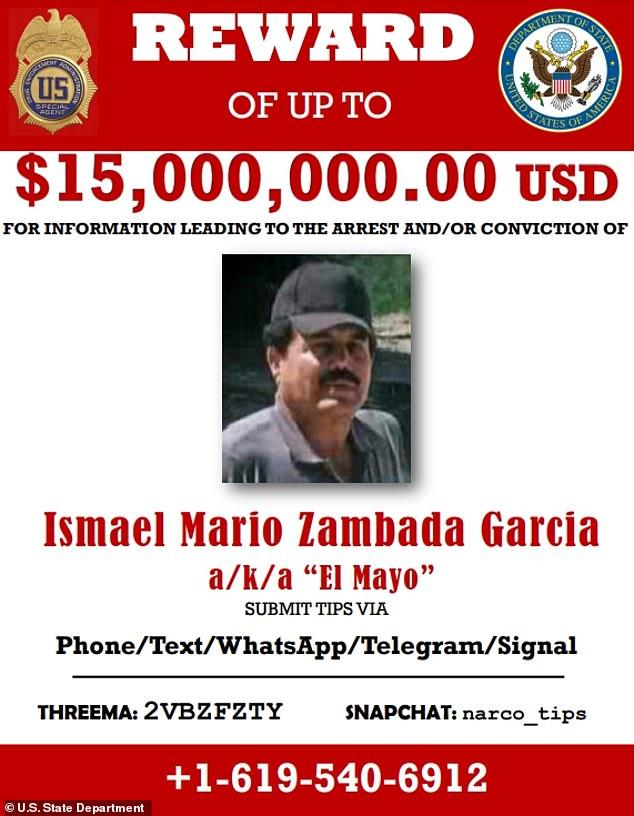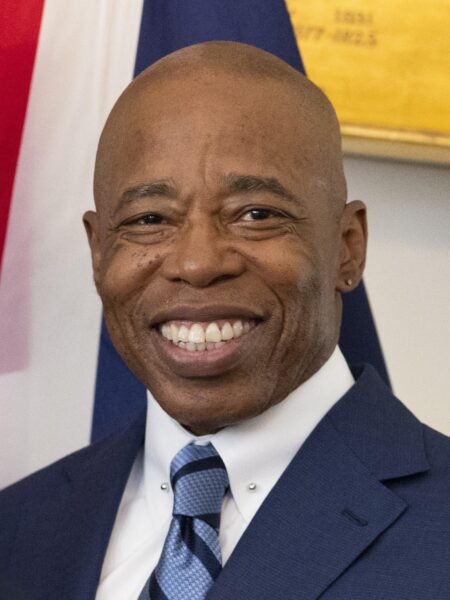Ismael ‘El Mayo’ Zambada’s Guilty Plea: A Turning Point in Combating Transnational Drug Trafficking
The Capture and Admission of a Legendary Drug Kingpin
After evading law enforcement for over four decades, Ismael ‘El Mayo’ Zambada, a central figure in Mexico’s drug trafficking landscape, has formally admitted guilt in a United States federal court. Renowned for orchestrating one of the most extensive narcotics operations spanning the Americas, Zambada’s plea represents a landmark achievement for authorities who have long sought to bring him to justice. This acknowledgment not only confirms his deep involvement in the drug trade but also opens the door for forthcoming sentencing and the potential seizure of assets linked to his criminal enterprise.
Experts emphasize that Zambada’s cooperation could provide critical insights into the inner workings of the Sinaloa Cartel and its transnational networks. Key highlights of his criminal career include:
- Duration of illicit activities: More than 40 years leading cartel operations.
- Geographical reach: Drug trafficking routes extending from South America through North America.
- Legal consequences: Anticipated lengthy prison terms and intelligence sharing agreements.
| Decade | Milestone | Details |
|---|---|---|
| 1980s | Emergence as a cartel leader | Secured a dominant role within the Sinaloa Cartel |
| 2000s | Expansion of drug corridors | Developed key smuggling routes into the United States |
| 2024 | Guilty plea entered | Potential collaboration with U.S. prosecutors |
Repercussions of Zambada’s Guilty Plea on Drug Trafficking Networks
The admission of guilt by Ismael ‘El Mayo’ Zambada signifies a pivotal shift in the battle against international drug trafficking. As one of the longest-standing leaders within the Mexican cartel ecosystem, his plea disrupts entrenched operational structures that have persisted for decades. Analysts forecast significant upheaval within cartel leadership, potentially triggering a reconfiguration of smuggling routes and power dynamics.
Anticipated impacts on drug trafficking operations include:
- Leadership Instability: The cartel may experience internal conflicts and fragmentation as new factions vie for control.
- Altered Smuggling Pathways: Control over trafficking corridors could shift, leading to changes in drug flow patterns across borders.
- Heightened Enforcement Efforts: The momentum from this case is expected to enhance international cooperation and intelligence sharing.
- Market Disruptions: Temporary interruptions in supply chains may cause fluctuations in drug availability and pricing in consumer markets.
| Operational Aspect | Expected Effect |
|---|---|
| Cartel Cohesion | Increased risk of splinter groups and infighting |
| Drug Trafficking Routes | Potential rerouting and disruption across North America |
| Law Enforcement | Boosted joint operations and intelligence exchange |
| Drug Market Stability | Possible volatility in supply and pricing |
Strategic Law Enforcement Measures Behind the Conviction
The successful prosecution of Ismael ‘El Mayo’ Zambada was the result of a coordinated, multi-agency effort that combined cutting-edge technology with human intelligence. Agencies such as the U.S. Drug Enforcement Administration (DEA), Federal Bureau of Investigation (FBI), and Mexican law enforcement collaborated closely, employing sophisticated surveillance tools and informant networks to map out the cartel’s operations. Years of meticulous investigation uncovered financial trails and communication channels that directly implicated Zambada in drug trafficking and money laundering activities.
Key tactics instrumental in securing the conviction included:
- Robust cross-border cooperation between U.S. and Mexican authorities.
- Advanced data analytics to track illicit financial flows and cartel communications.
- Undercover operations penetrating cartel-affiliated groups.
- Targeted asset seizures disrupting the cartel’s financial infrastructure.
| Approach | Outcome |
|---|---|
| Interagency Coordination | Enhanced intelligence sharing and synchronized enforcement actions |
| Surveillance & Analytics | Exposure of covert communication and money laundering networks |
| Undercover Infiltration | Access to internal cartel operations and decision-making |
| Financial Disruption | Weakened cartel funding and logistical capabilities |
Enhancing Cross-Border Drug Enforcement: Policy Recommendations
To effectively combat transnational drug trafficking organizations like the one led by Ismael ‘El Mayo’ Zambada, it is crucial to strengthen bilateral cooperation between U.S. and Mexican law enforcement. Modernizing intelligence-sharing frameworks to enable real-time data exchange will facilitate faster interdiction efforts. Empowering joint task forces with advanced surveillance technologies and cross-jurisdictional authority can eliminate bureaucratic obstacles and foster seamless collaboration.
Moreover, addressing the socio-economic factors that contribute to drug trafficking is essential for long-term success. Investment in community development and education in vulnerable regions can reduce cartel recruitment and influence. Recommended policy actions include:
- Streamlining legal procedures to accelerate extradition and prosecution processes.
- Expanding specialized training for law enforcement personnel to counter evolving criminal methodologies.
- Increasing funding for technological upgrades and personnel growth.
- Fostering public-private partnerships to disrupt money laundering and logistical networks.
| Policy Area | Anticipated Benefit |
|---|---|
| Real-Time Intelligence Sharing | Accelerated interdiction and asset seizures |
| Cross-Border Legal Cooperation | Expedited extradition and judicial proceedings |
| Joint Training Programs | Enhanced operational synergy and adaptability |
| Community Engagement Initiatives | Lowered cartel recruitment and strengthened social resilience |
Conclusion: A Milestone in the Global Drug War
The guilty plea of Ismael ‘El Mayo’ Zambada represents a monumental stride in the global effort to dismantle powerful drug trafficking organizations. Once one of the most elusive figures in the narcotics underworld, his admission in a U.S. court highlights the expanding reach and effectiveness of international law enforcement. As the judicial process unfolds, the ramifications of this case will be closely monitored for their impact on cartel dynamics and cross-border security strategies, signaling a hopeful advance in the ongoing battle against drug-related crime.













